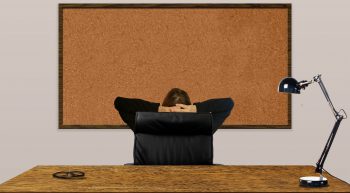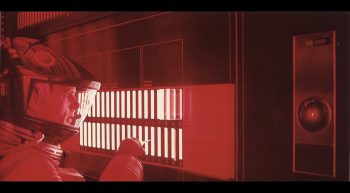The “Server Test,” which originates with the 9th Circuit Court of Appeals, is a rule that liability for direct copyright infringement depended upon whether infringing images were stored on the defendant’s server or were simply imbedded or linked from a 3rd party server. However, three recent decisions cast doubt on this line of reasoning. They instead hold that it’s not where the copy is stored, it is where the damage occurs that matters, with one court explicitly ruling that the “Server Test” is wrong and has no support in the Copyright Act. Nova Southeastern University's Copyright Officer, Stephen Carlisle, J.D., takes an extensive and in-depth look at the various legal theories presented, and how companies that rely on the “Server Test” may need to re-think their strategy.









